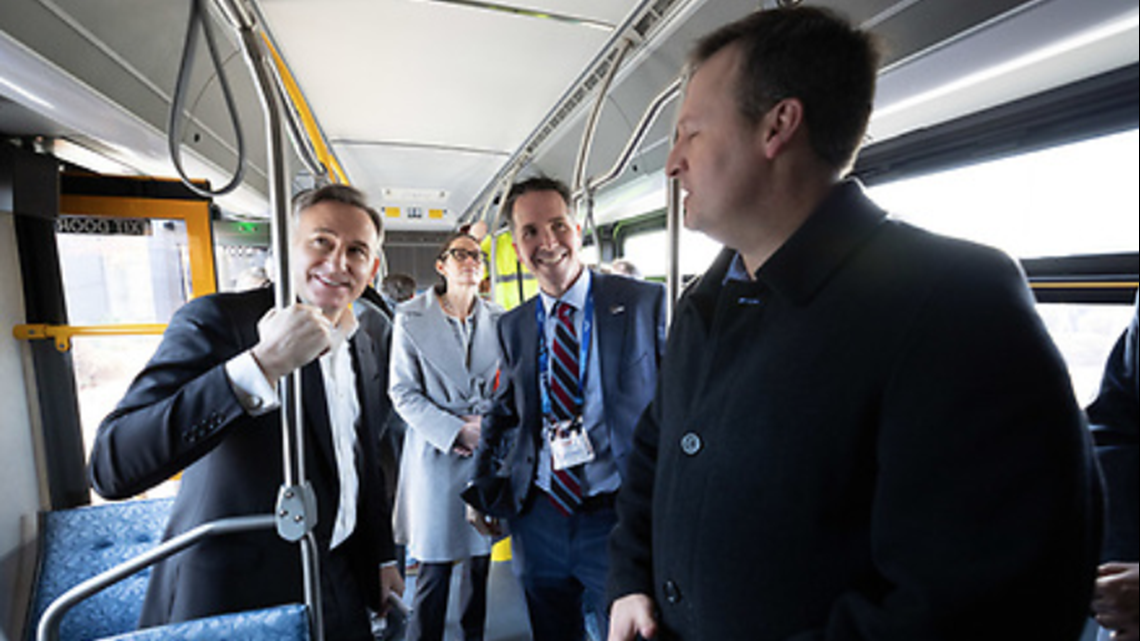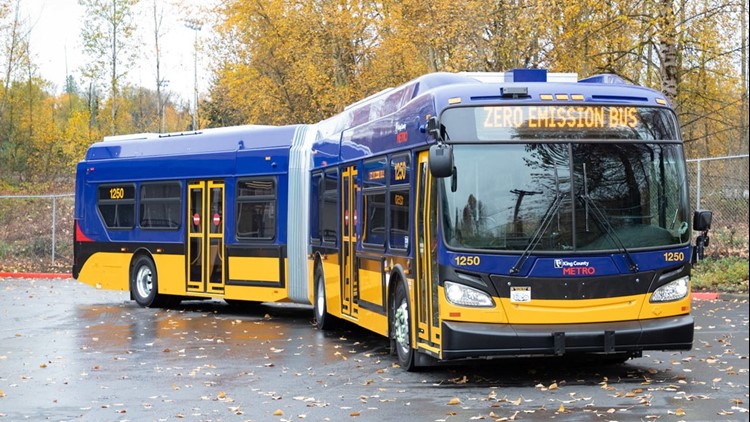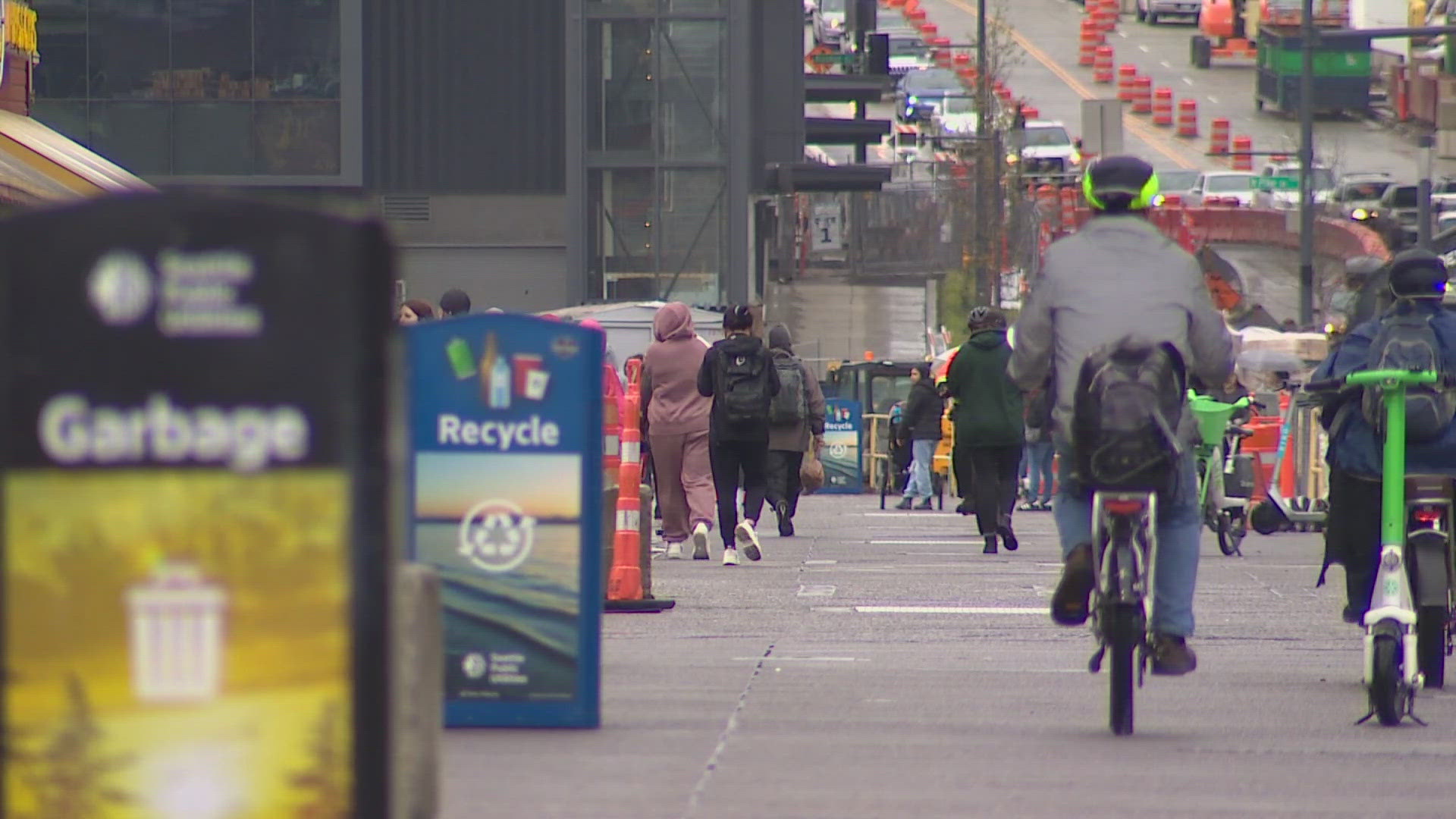King County Metro will begin testing new long-range battery-powered buses in its current fleet. These buses will be able to travel over 140 miles per charge.
The new buses are a crucial step in reaching a zero-emission goal for the fleet. King County aims to have a zero-emission fleet by 2040.
“Leading the transition to zero-emission transit requires ingenuity and partnerships – and we have both,” said King County Executive Dow Constantine. “We are challenging manufacturers to create reliable battery buses that meet our service needs on long routes with steep hills. This test is the next step on our path to a clean, quiet fleet powered by renewable energy.”
Metro currently has several fast-charge buses in the fleet. The new long-range buses will travel almost six times further than the fast-charge buses. With this ability, Metro could use these new buses to service 70 percent of its routes. During the test the new buses will operate out of Metro's South Base in Tukwila.
Earlier this year, King County Metro became the first transit agency in North America to implement a high-power charging station where electric buses can charge while receiving maintenance. This allows electric buses to charge faster and improve efficiency.


King County Metro is currently working on transitioning the fleet from diesel-electric hybrid buses to fully electric and battery-powered buses. Metro currently operates the largest fleet of hybrid buses in the nation.
Metro hopes that testing new electric buses will lead to a reduction in pollution throughout the community.
“Before committing fully to manufacturers, we first must take steps to test the performance of this fast-moving technology,” said Metro General Manager Rob Gannon. “Our goal is to trade up for a cleaner future that supports the health of the communities we serve.”



